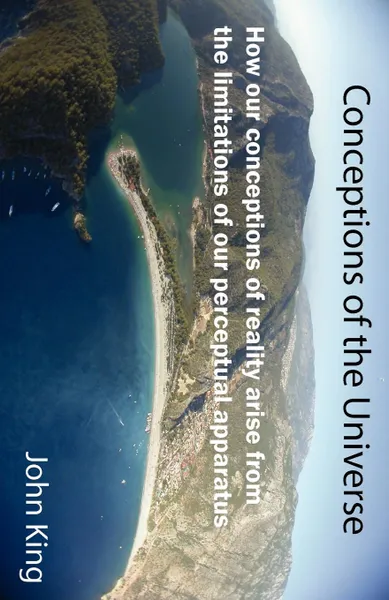Conceptions of the Universe. How our conceptions of reality arise from the limitations of our perceptual apparatus 12+
📙 We ordinarily take the universe to be as it appears to us to be. So, when one observes a red rose in one's garden, one ordinarily assumes that the part of the universe that is one's garden contains a red rose. However, when one takes oneself outside of one's ordinary state of interaction with the universe; when one starts to reflect and rationalise about the nature of one's relationship with the universe; then, things become more complicated than the state of affairs belied by our 'ordinary' assumptions. In this book John King outlines why the world that appears to one is perceiver-dependent, why identical sets of perceptions can lead to very different conceptions of the nature of the universe, why one's perceptual apparatus is inevitably constrained, and why this inevitable constraint leads to some conceptions of the universe being favoured over others.
Мнения
